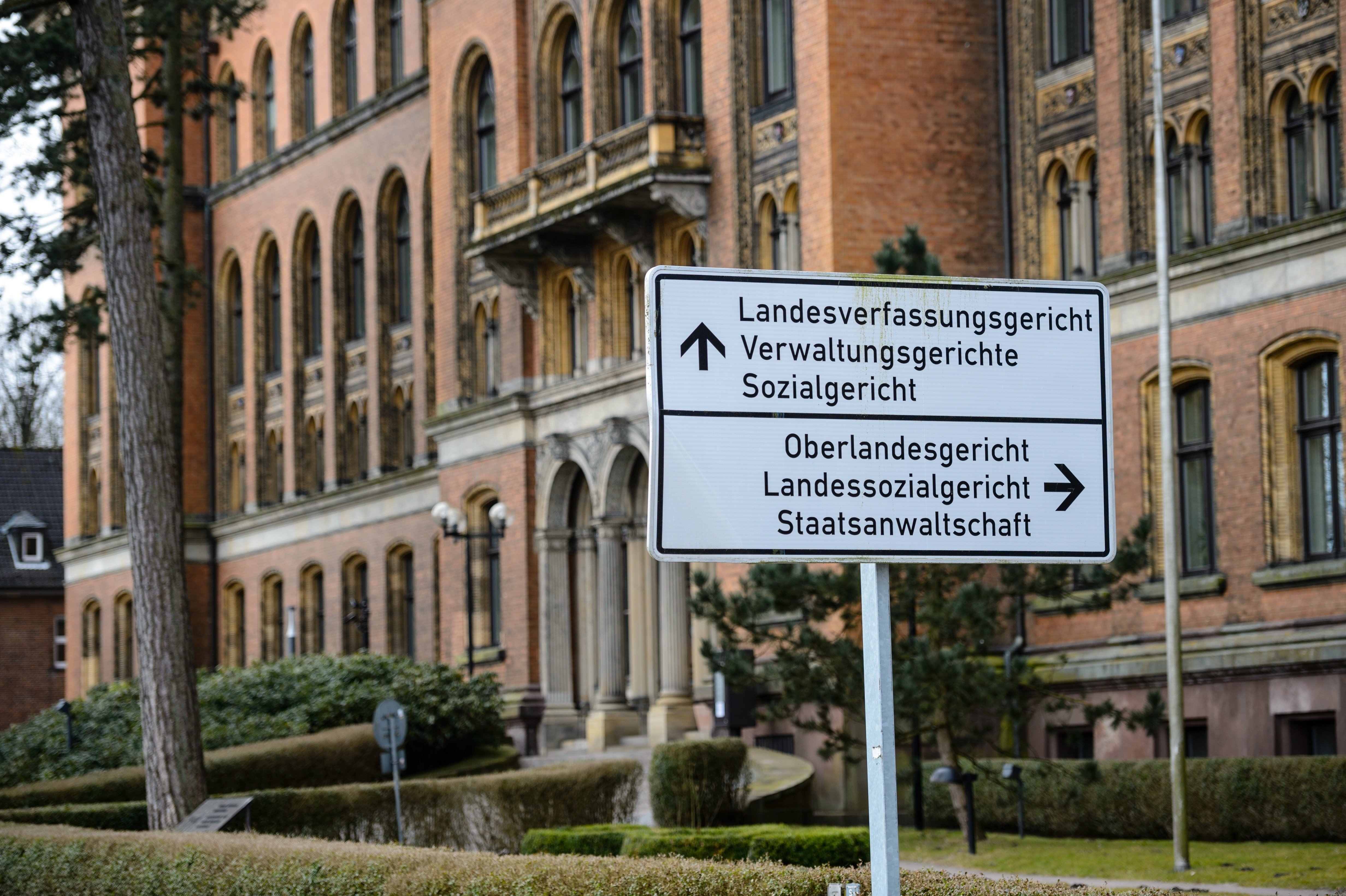German public broadcaster Deutschlandfunk has illustrated the opposition shown in Germany to the EU's intention to accelerate the exchange of criminal data among member states, by citing the case of Catalan president Carles Puigdemont. It recalls that Spain asked for the extradition of the exiled Catalan leader on a charge of rebellion, but German justice evaluated that there was no grounds for an accusation based on this crime and rejected the request. Germany favours a more restrictive position on electronic data exchange to avoid excesses, in line with the model used for extradition requests like the controversial instance of Puigdemont.
Schnellerer #Datenaustausch in Strafverfahren: Die EU-Kommission will den Zugriff von Ermittlern auf elektronische Beweismittel wie Surfprotokolle, WhatsApp-Nachrichten und E-Mails innerhalb der EU erheblich erleichtern. Aus Deutschland kommt Kritik. ➡️https://t.co/cK61ZyYzWq
— Deutschlandfunk (@DLF) 6 de desembre de 2018
"The European Commission wants to allow judicial investigators to have much more access to electronic data such as navigation protocols, WhatsApp messages and emails within the EU. Criticism of this plan comes from Germany, as well as from data protection activists," says the German broadcaster. "To give an example, the EU plan means that in the future an Irish, Polish or French prosecutor could request data from German servers very easily. And it would also be much easier for a German public prosecutor to do the same". One of the critical voices being raised in Germany is that of the justice minister, Katarina Barley (SPD), who, earlier in 2018, showed her opposition to the extradition of Puigdemont to Spain.
Barley argues that if such data transfers were permitted automatically, they would depend exclusively on the country that requested them, and German justice would not have a right to veto, or even to assess the legality of the demand. With respect to this, the Deutschlandfunk report recalls what happened to the European arrest warrant issued by Spain against Puigdemont, implying that the way it was challenged by German justice on its essential points, showed that the current model worked correctly. "In the case of European arrest warrants —consider the German court hearing of the Catalan Carles Puigdemont— the courts of the state that has to authorise the extradition also examine the case," thus, suggests the broadcaster, a guarantee is provided.
Deutschlandfunk mentions Germany's former federal data protection commissioner, Peter Schaar, who claims that a legal review such as that which occurred in the Puigdemont case would not be possible under the new regulations.

